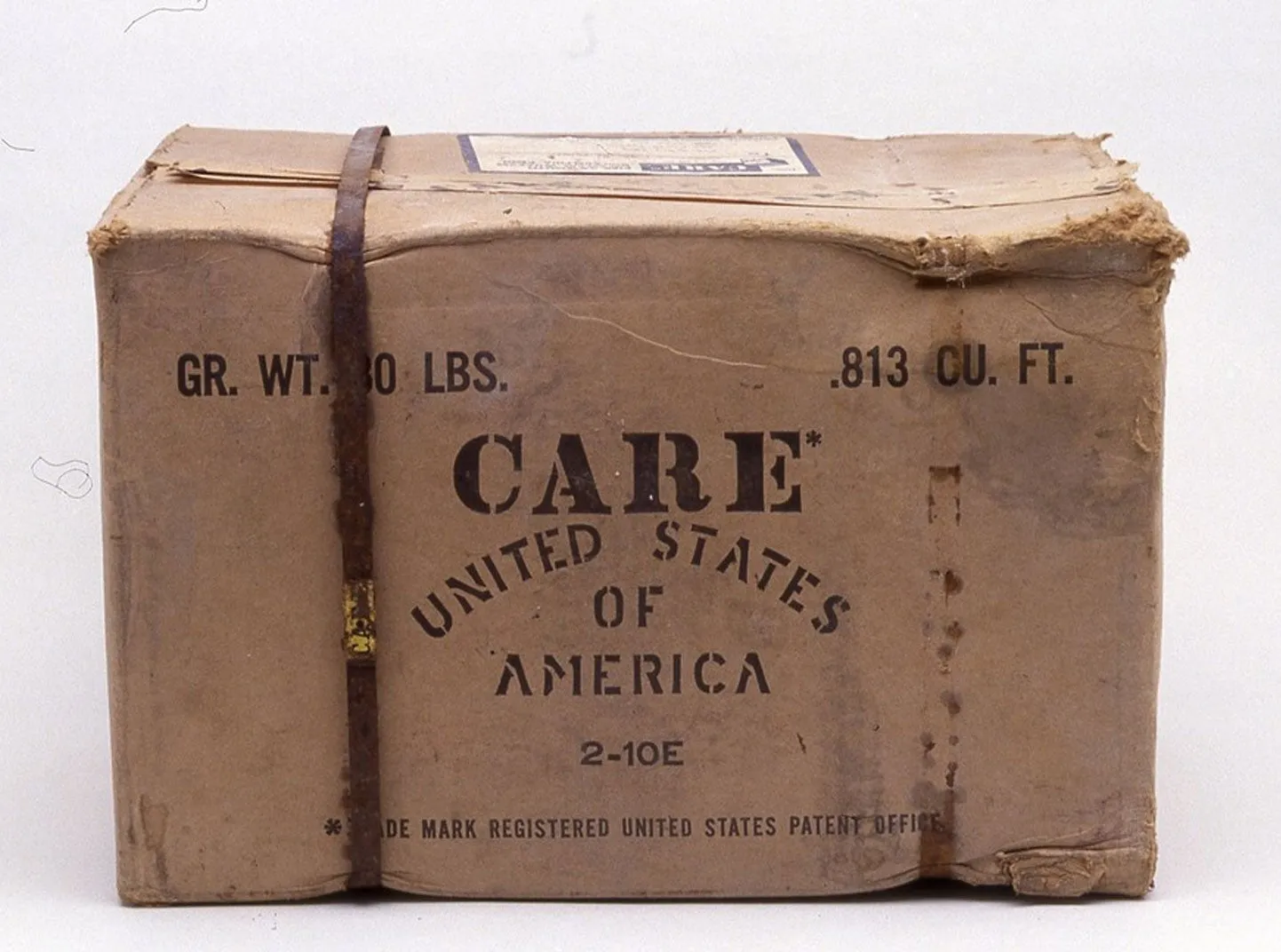Report Card on the Implementation of UNSC Humanitarian Resolutions on Syria in 2015/2016
March 2016 marks five years of upheaval and conflict in Syria – conflict that has reduced lives to shadows and cities to rubble.
The Syrian government and its allies, as well as armed opposition and extremist groups, bear the primary and direct responsibility for the horrific reality that Syria’s civilians face on this grim anniversary. They have targeted civilians, laid siege to cities and towns and denied access to life-saving assistance.
In the last year, UN Security Council Resolutions have been consistently flouted by parties to the conflict in Syria.
Their international backers, including permanent members of the UNSC, are not only failing to ensure the implementation of the resolutions but – through inadequate diplomatic pressure, political and military support to their allies, and direct military action – have actively added fuel to the fire of the Syria conflict.
This report card summarizes what the UNSC demands happen in Syria, the situation since March 2015, as well as significant actions by the Permanent Members of the UN Security Council.
In the first months of 2016 and at time of drafting of this report, some progress has been made in securing greater humanitarian access to those in besieged areas and a cessation of hostilities in parts of the country which has resulted in a significant decrease in civilian casualties. These are important steps that should be recognised and built on, but they remain fragile and limited in the context of the overall deterioration experienced by civilians inside Syria over the last horrendous year of violence.
